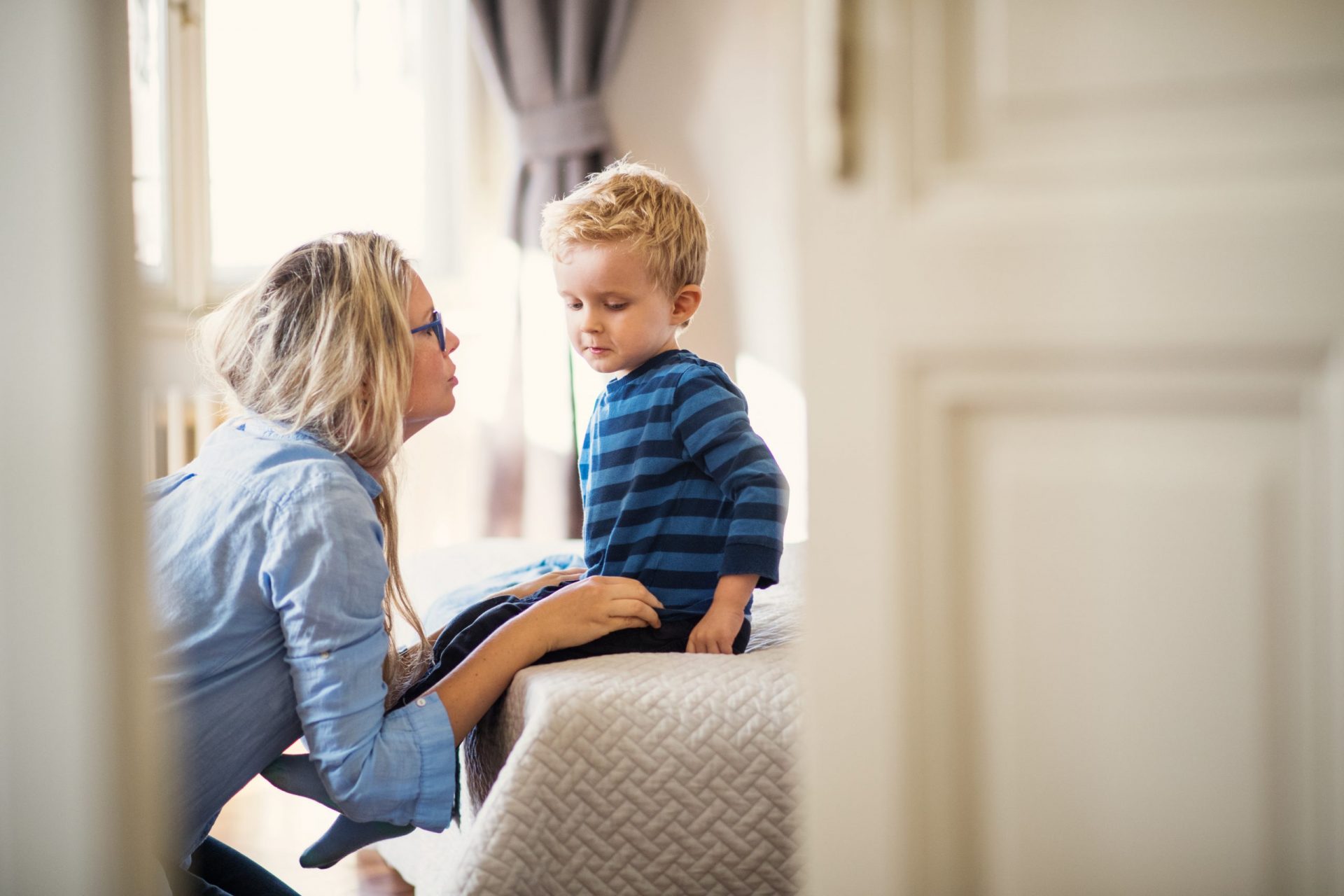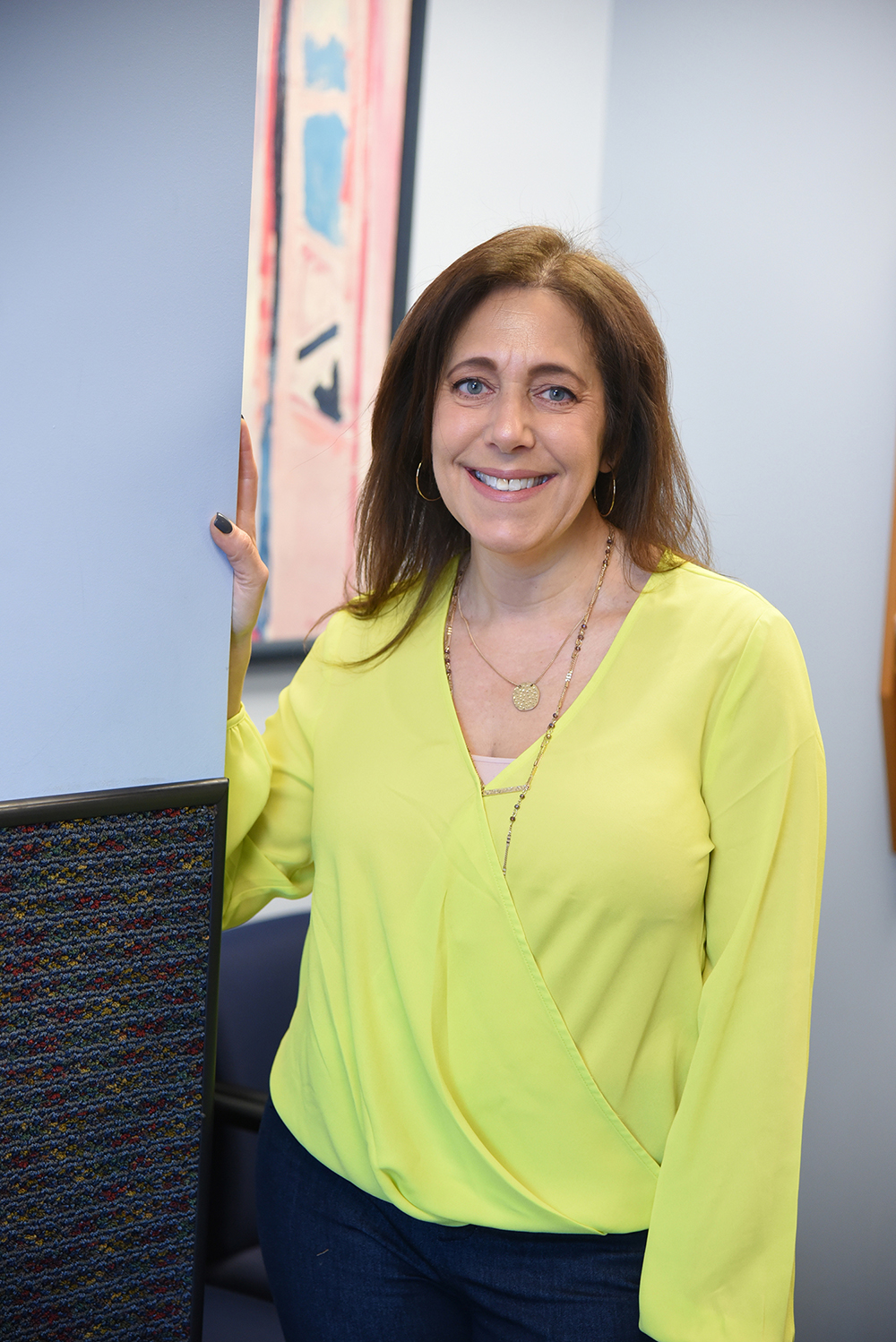
Anxiety is common and knowing how to help your children through it isn’t always easy or apparent. Sometimes it’s just as hard on a parent as the child. Many times, children need to see a trained therapist or their pediatrician for coping mechanisms, but often we can help them manage the anxiety if we have some tools in our toolbox. Here are some ways to help:
- Help them manage: Help them learn to tolerate their anxiety and function as well as they can, even when they’re anxious by discussing some distractions like exercise, mindfulness exercises, yoga, taking a walk, playing game or instrument or doing a quick art project. Distraction often is the best way to calm the anxiety. Make a list with your child of things that you can use to serve as a tool for distraction.
- Don’t avoid things that make them anxious: Helping children avoid the things they are afraid of will make them feel better in the short term, but it reinforces the anxiety over the long run. If a child in an uncomfortable situation gets upset, starts to cry—not to be manipulative, but just because that’s how she feels—and her parents whisk her out of there, or remove the thing she’s afraid of, she’s learned that coping mechanism, and that cycle has the potential to repeat itself.
- Tell him it’s going to be OK: be positive but not unrealistic, as he faces his fears. Tell him that the anxiety level will drop over time as you work on the fears.
- Respect his feelings: verbalize understanding without belittling his fears “I know you’re scared, and that’s okay, and I’m here, and I’m going to help you get through this.”
- Avoid leading questions: “are you nervous about your baseball game?” “are you anxious about that big test?” just check in and ask, “How are you today?” or “Is there anything I can help you with?”
- Encourage tolerance of what makes her anxious; We all get nervous but reassure her that in time she may be less anxious with the above help. It may not be totally resolved but with exposure to the stressor less so over time.
- Don’t discuss big stressors too many days prior: keep the anticipatory time short. There’s no reason to discuss doctor appointments, exams and other things that trigger your child more than one day or a few hours before the event.
- Role play: “what will you do if you start to feel nervous?” Have a plan
- BE A ROLE MODEL Often parents are anxious, or we have anxiety about our child’s anxiety. So, deal with your own through therapy or some of the above techniques and you will find your kids may follow suit
If none of these tools work, then for sure it’s time to see your doctor or make an appointment with a therapist. Don’t forget to discuss this with all your child’s caretakers and teachers since they may assume that your child is shy, avoidant, or even unruly when indeed it is just anxiety. The more people in your corner to help the better. You can help your child through minor anxiety and help them have coping skills that will serve them for their lifetime.
Allied Physicians Group is a partnership of more than 150 dedicated, caring physicians and 350 highly trained support staff. Allied serves over 180,000 patients with offices throughout Greater New York City, Long Island, the Hudson Valley, and beyond. Founded in 2006, Allied Physicians Group is a recognized leader in increasing healthcare efficiencies and patient satisfaction, emphasizing support, innovation, and collaboration. If you are looking for a Pediatrician near you click here or for more information please visit https://alliedphysiciansgroup.com/.

